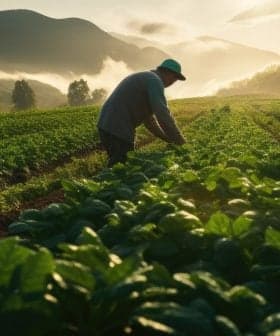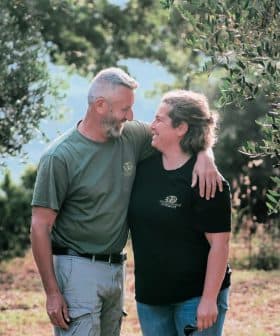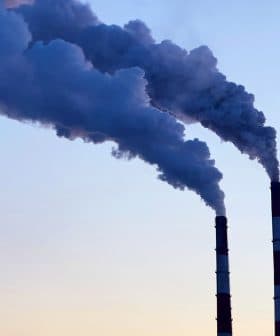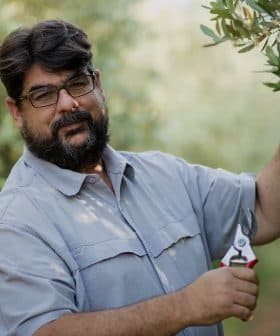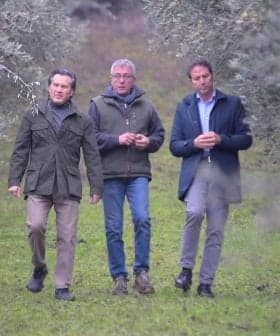Belgian Farmer Sues Energy Company Over Climate Damages
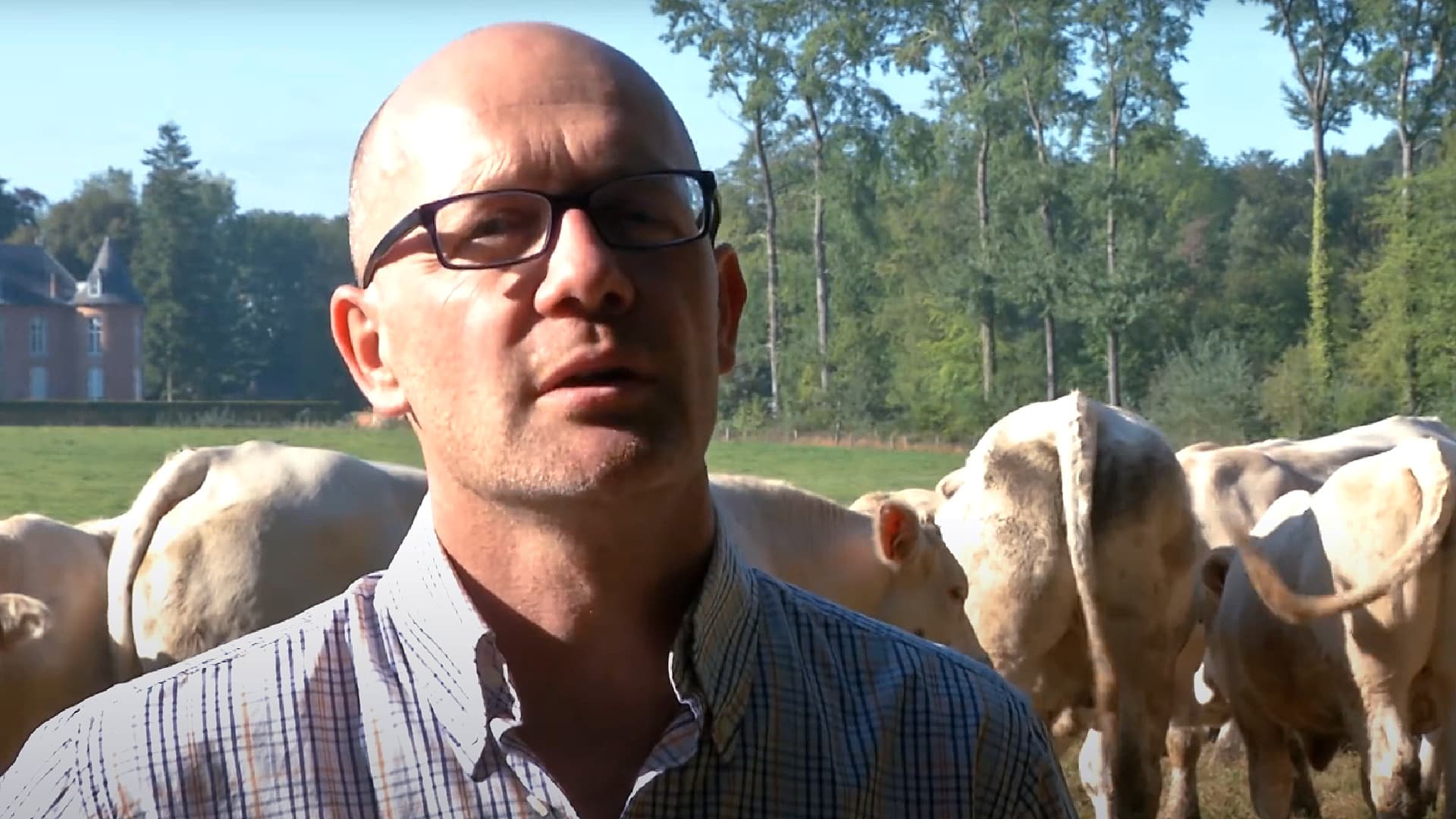
Farmer Hugues Falys is suing TotalEnergies for climate disruption that caused damage to his business, including yield losses and extra expenses, due to droughts impacting his crops from 2016 to 2022. Falys is seeking compensation and a judicial order for TotalEnergies to stop new investments in fossil fuel exploitation, with support from Greenpeace and other organizations, in what is the first climate change-related lawsuit against a multinational firm in Belgian legal history.
Farmer Hugues Falys has taken legal action against French oil and gas company TotalEnergies, claiming he has suffered professional damage due to the company’s climate disruption.
Falys, a livestock breeder and cereals and vegetable grower from Hainaut, a province of Wallonia and Belgium, has argued that TotalEnergies, one of the world’s top carbon dioxide emitting corporations, must be held liable for part of the damage caused to his business by the adverse weather between 2016 and 2022.
According to his claim, during this period, successive droughts impacted the fodder crops growing in his fields, requiring him to buy hay for his animals and eventually owning fewer cattle.
See Also:Spanish Campaigners Lobby for Glyphosate Ban After EU Fails to Reach Consensus“Climate change is having a tangible impact on my work and life: yield losses, extra work and the stress that comes from dealing with a disrupted crop calendar,” Falys said in a press release. “My profession is intimately linked to the climate. In recent years, climate change has caused farmers a great deal of damage and left us uncertain about the future.”
Scientific research has indicated that much of Europe has been in a drought since 2018, with the central European countries also significantly affected.
Known in Belgium as ‘The Farmer Case,’ Falys is seeking compensation for the damage done to his business and a judicial order for the company to halt new investments in fossil fuel exploitation plans. Greenpeace and two other non-governmental organizations back his lawsuit.
Reuters reported that this is the first climate change-related lawsuit against a multinational firm in the chronicles of Belgian law.
The farmer and his supporters have also asserted that TotalEnergies is aware of its operations’ impact on the climate since the 1970s but has deliberately chosen to refrain from any measures to avoid damaging its business.
TotalEnergies is the largest oil distributor in Belgium and the fifth most profitable in the world. It operates an oil refinery and petrochemical plant in Antwerp.
Greenpeace has included the French multinational in the global list of 21 energy corporations that combined account for more than a third of global greenhouse gas emissions.
The Falys lawsuit comes a few months after a court in Brussels ruled that the Belgian government should take further measures to reduce the country’s greenhouse gas emissions.
More specifically, the Brussels Court of Appeals has ordered the government to cut emissions by at least 55 percent by 2030 compared to 1990. The court also found that the country’s climate policies have violated human rights.
Scientists, however, have argued that, for Belgium to effectively contribute to the global target of keeping the rise of global temperatures below 1.5 °C, the country must cut its greenhouse emissions by at least 61 percent by 2030.
The World Meteorological Organization has also warned that the 1.5 °C warming threshold in global temperatures will likely be temporarily crossed by 2027.
The introductory hearing in the Falys case is scheduled to take place in court in mid-April this year.



